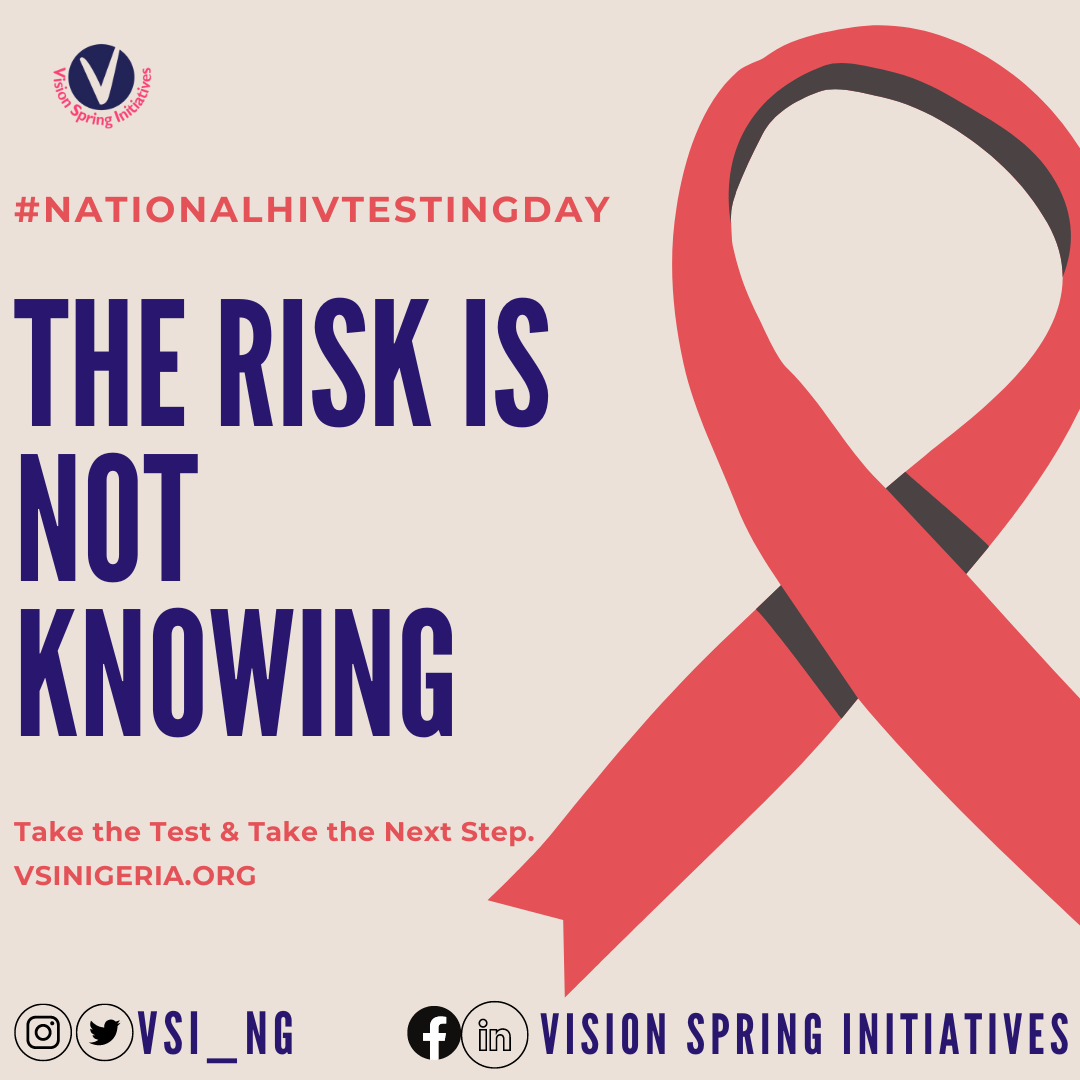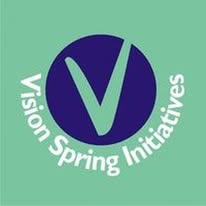National HIV Testing Day is a crucial event observed annually on June 27th to raise awareness about HIV, encourage testing, and promote access to essential healthcare services. In Nigeria, where the HIV epidemic remains a significant public health concern, it is essential to highlight the experiences and needs of women living with HIV and advocate for their sexual and reproductive health and rights (SRHR). This article aims to shed light on the challenges faced by women living with HIV in Nigeria, discuss the importance of comprehensive SRHR services, provide recommendations for improvement, and emphasize the need for collective action.

The Reality for Women Living with HIV in Nigeria: Women in Nigeria face multiple barriers in accessing adequate healthcare services and support, particularly those living with HIV. Stigma, discrimination, and gender inequalities further compound the challenges they encounter. Despite progress made in HIV prevention and treatment, many women continue to face gaps in care, including limited access to HIV testing, antiretroviral therapy (ART), and other SRHR services. This situation not only undermines their well-being but also hampers efforts to control the spread of HIV and achieve the global targets outlined in the Sustainable Development Goals.
Promoting Sexual and Reproductive Health and Rights (SRHR): Comprehensive SRHR services are vital for women living with HIV in Nigeria. These services should address their specific needs, including reproductive health, family planning, prevention of mother-to-child transmission (PMTCT), and access to quality antenatal and postnatal care. By ensuring that women have access to accurate information, voluntary testing, counseling, and appropriate treatment options, we can empower them to make informed decisions about their health, protect their rights, and lead fulfilling lives.
Recommendations for Improved SRHR Services:
- Strengthened healthcare systems: The Nigerian government should prioritize investment in healthcare infrastructure, workforce training, and resource allocation to ensure accessible and high-quality SRHR services for all women, including those living with HIV.
- Integrated services: Implementing integrated SRHR and HIV services at healthcare facilities can optimize care delivery, reduce stigma, and improve outcomes for women living with HIV.
- Comprehensive education and awareness: Develop targeted education campaigns to increase awareness about HIV, its transmission, prevention methods, and available SRHR services. This includes promoting HIV testing as a routine part of women’s healthcare.
- Addressing gender inequalities: Advocate for policies and programs that address underlying gender inequalities, including promoting women’s empowerment, addressing violence against women, and promoting gender-responsive healthcare services.
- Strengthening partnerships: Collaborate with civil society organizations, community-based groups, and international partners to pool resources, share best practices, and advocate for improved SRHR services for women living with HIV.
National HIV Testing Day serves as a critical reminder of the ongoing challenges faced by women living with HIV in Nigeria. To ensure their well-being and protect their SRHR, it is crucial to address systemic barriers, promote comprehensive SRHR services, and foster an enabling environment that supports their rights and dignity. By implementing the recommended strategies, we can collectively work towards reducing new HIV infections, improving treatment outcomes, and advancing the rights of women living with HIV in Nigeria. Let us unite in our commitment to create a future where all women can thrive, free from the burden of HIV and discrimination.
